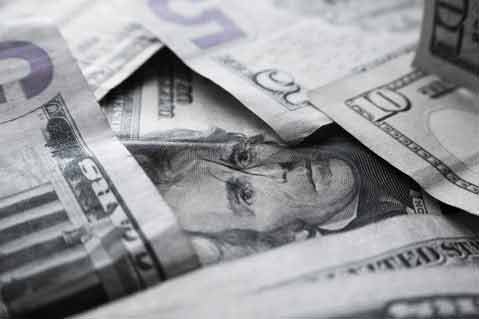January 06, 2017
19 States Raise Minimum Wage
Millions of Americans at the bottom of the nation’s wage scale are getting a bump in pay in 2017 as a result of mandated minimum wage increases. The raises have executives in the promotional products industry forecasting the potential for both business challenges and positive economic impact.

In all, 19 states have raised the bar on minimum wage. Those include Massachusetts and Washington, which are now tied for the highest minimum wage in the nation at $11 per hour.
In all, 19 states have raised the bar on minimum wage. Those include Massachusetts and Washington, which are now tied for the highest minimum wage in the nation at $11 per hour.
Residents in Arizona, Colorado, Maine and Washington voted to approve hiking wages for the lowest income earners. Meanwhile, Alaska, Florida, Missouri, Montana, New Jersey, Ohio and South Dakota are increasing the wage based on indexing. Workers in New York, California, Arkansas, Connecticut, Hawaii, Michigan and Vermont are also receiving state-required raises. Elsewhere, Oregon, Washington, D.C., and Maryland are scheduled to increase the minimum wage later this year.
Advocates say the raises will help hardworking Americans who are struggling to stay afloat, while also benefitting the economy by giving consumers more money to spend. Nonetheless, many business owners have opposed the measures, arguing along with other opponents that raising the minimum wage will result in everything from higher prices and layoffs, to reluctance to hire, decreased ability to compete, and greater investment in automation.
Howard Potter expects a number of problems will arise from the New York’s decision to increase the minimum wage along a regional scale that ranges from $11 for businesses with 11 employees or more in New York City to $9.70 an hour for companies in greater New York State. For instance, the owner of Utica, NY-based A&P Master Images (asi/102019) is concerned that he and other Empire State distributors will lose bids to out-of-state companies that can offer lower pricing and still be profitable because their employee overhead is less.
“(The state) is forcing higher payroll whether your company can afford it or not,” said Potter. “It is going to create false inflation in our state and force people to shop online out of our state. When that happens, it will eliminate more jobs here.”
In Washington state, the jump to an $11 per hour minimum could have a “slightly negative effect on the promotional products industry,” said Ty Cannon. The national business development manager at Seattle-based Cutter & Buck (asi/47965) explained there has already been a detrimental impact due to the minimum wage being raised in Seattle. “Within the promo industry,” Cannon said, “it is becoming more difficult to find good talent, especially at the production level. Instead of hiring more staff, employers are putting more responsibility on fewer people. Some companies are even finding ways to eliminate positions completely, especially in retail.”
Still, not everyone in the promo business is concerned about the wage increases. Justin Moss, co-owner of Medford, MA-based Superior Promotions (asi/379023), believes the wage jump will have a positive effect on the Massachusetts economy. “When people make more money,” Moss said, “they spend more money.” While acknowledging some issues, such as price increases, could result from California’s wage increase, Josh Ebrahemi is in favor of it. “I believe in increasing the minimum wage because when employees are happier they work harder,” said Ebrahemi, partner at Los Angeles-based Jack Nadel International (asi/279600).
